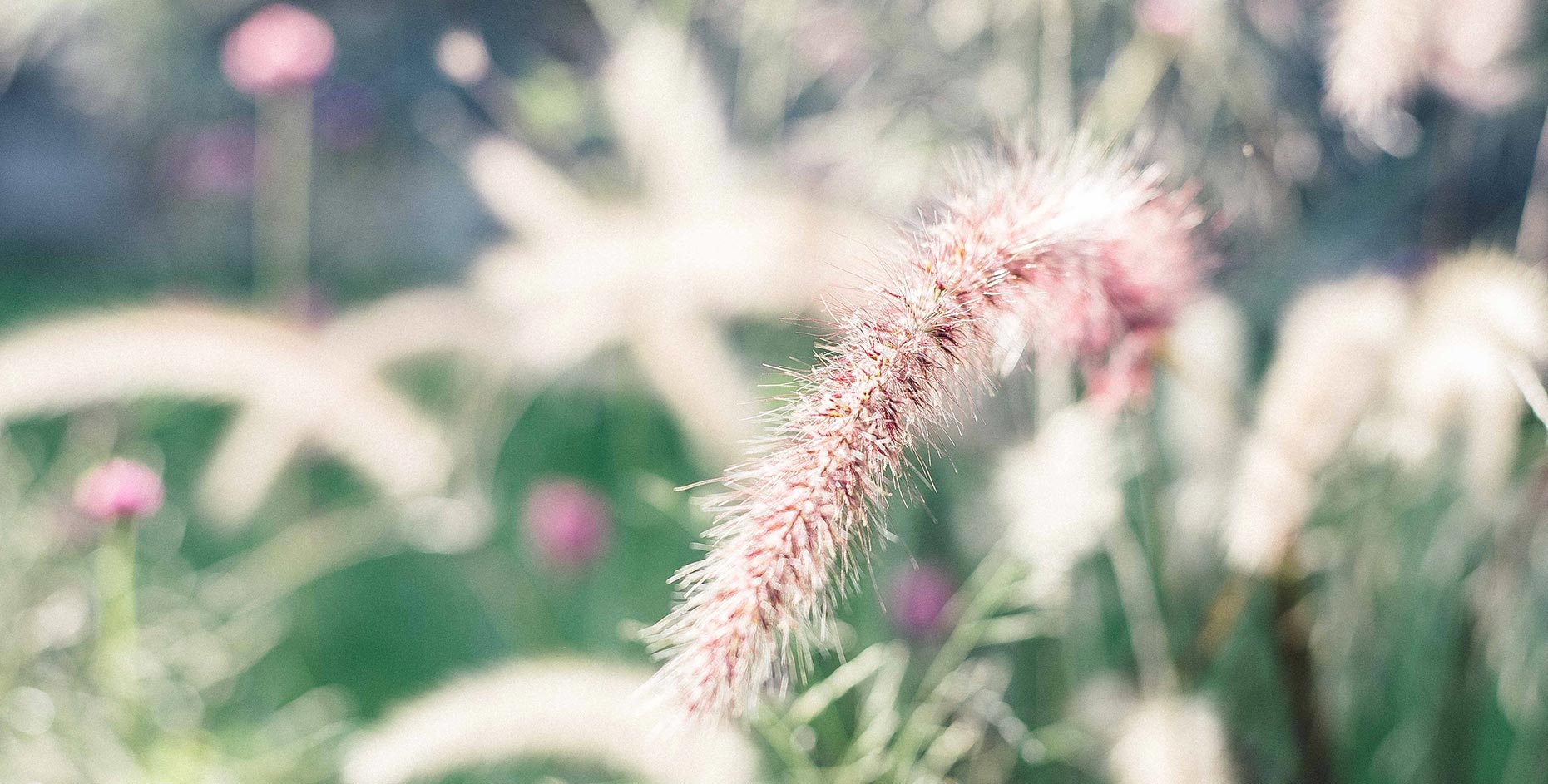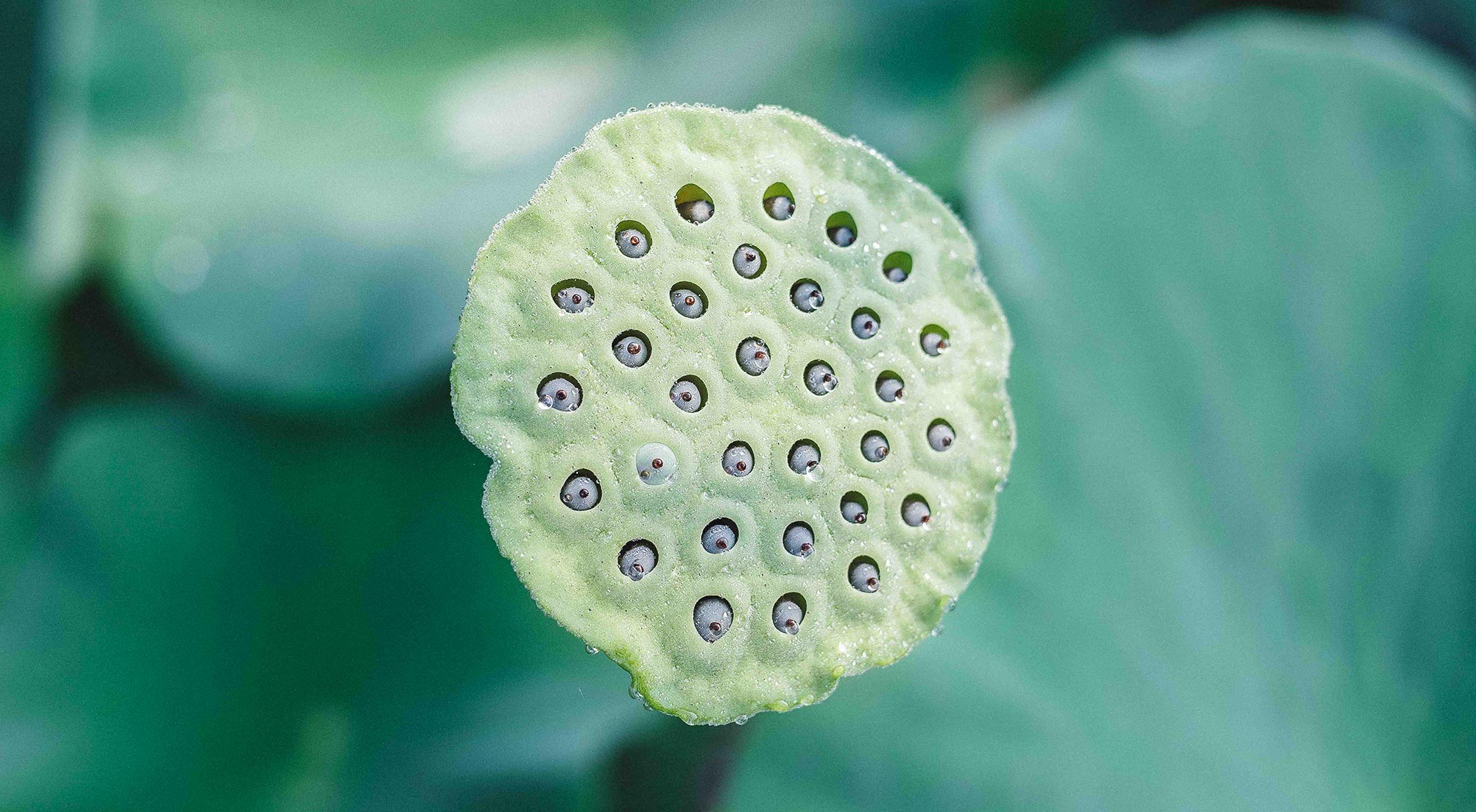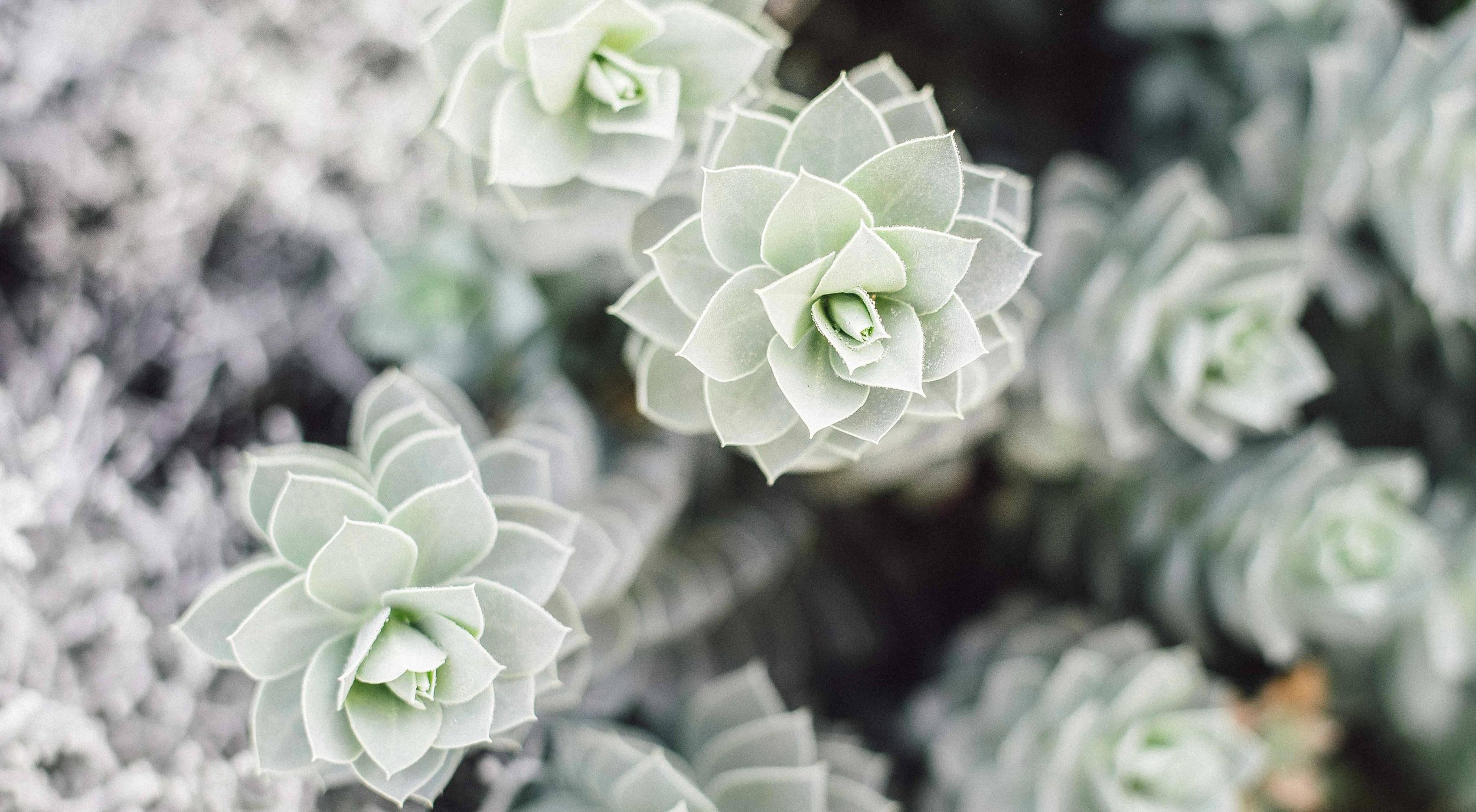Education, a wild and protected garden
In the field of education, we often compare the child to a plant. We’re going to see why.
You can’t control a plant and make it grow faster by pulling on its leaves or stem : it grows alone according to nature’s plan and according to its environment. We do not try to shape the plant to transform it. We instead act by providing it with the ideal conditions for growth: the necessary light, the perfect heat, the nourishing soil...
Of course, it’s possible to shape a plant to our taste as Japanese gardeners do with the bonsai. But it’s difficult, and it takes a lot of work.
Well, it’s the same in education. Some parents behave like Japanese gardeners, trying to control every detail, to master everything, to supervise their children’s progress.
Fortunately, the current trends urge us not to act directly on children but to put all of our energy elsewhere: in the creation of a suitable environment to support their development, rather than hindering them or forcing them to grow into this or that.
As with a plant, we seek to provide the child with a good fertilizer, and we place all of our love and attention in creating the atmosphere in which they will evolve and grow.
As for defining what precisely this environment is made of, I don't think there can be a single answer; this atmosphere is the one of our home, which we build according to ourselves and our family members, our relationships and interactions, and the place where we live.
However, in our home there are some essential ingredients that stand out and that are an integral part of an environment conducive to relationships and growth: these ingredients includes many moments of discussion, lots of reading aloud, a durable connection with nature, a lot of creativity, independent learning and most of all, a vision of the child cleared of the kind of prejudices that parents can attach.
It’s not the easiest thing to do, because prejudices about childhood are strong!
Maria Montessori wrote that if we could free the child from these assumptions, education could lead to a different kind of Man. Again, it reminds me of a plant. When it’s in a pot, it’s limited. The container's physical limits can be compared to the restrictions imposed by adults on children, which are mainly due to misconceptions related to childhood: that the child needs the adult to correct them, to model them, to decide for them, to punish them in order show them the right way... The adult frames the child, as the pot frames the plant.
Removing your child from their pot is thinking outside preconceived ideas; it’s freeing the child from adults’ expectations that weigh on their shoulders. I believe it's the most challenging thing we have to do as parents.
No more than a plant, children need to be forced into a box that has been designed for them. They don't need that we impose our desire on them. They don't need that we make them become the perfect person we have in mind. In this process, children lose their authenticity - do we recognize a chestnut tree when we see it in the form of a bonsai? Yes, but with difficulty. Children disconnect themselves from their own personality, which they lose to the benefit of their parents’ vision. They love their parents, and they don’t even realize what’s going on, and year after year, they disconnect more and more from themselves. The result is adults in need for signals, adults with no real purpose, adults who don’t know how to access to their inner voice and understand what they want, deep inside, to do with their life.
This whole process begins in childhood and is played out in the relationship between parents and their children, and in the environment we create for them, to support them.
Parents must free themselves from what society imposes on them, from its control, from its vision...
Who dictates the rules of success after all? We always think that we are not good parents when we do not follow what society tells us to do, because it’s scary to be a little rebellious and go against the tide. But we still have the choice to become marginal and maverick parents! We can be nonconformist parents to educate nonconformist and free-thinking children.
Being a parent is a bit like being a gardener in a wild garden (we obviously forget about potted plants!).
This gardener works hard and hard to create the right environment for his plants, but he never really knows what it will bring... He has to trust nature. Sometimes what we had hoped for doesn’t happen, but on the other hand, unexpected and beautiful things can bloom.
When you're a gardener, you create a small ecosystem, with fertile soil in a fairly protected place, well lit, for different plants can grow and flourish. You create a place where many things can happen, a home where life will find its place and develop by itself, with just the right amount of help.
That is precisely what we do for our children, that is specifically what childhood is all about. We must create this small protected ecosystem for our children, where all kinds of magical things can happen. New things, strange and unexpected things, things that surprise us...
This childhood's bubble is ultimately what allows the human species to evolve, it's what allows cultural progress: each generation not reproducing exactly what their parents did, but bringing up novelties, ideas and a touch of silliness.
If we could create children exactly as we imagine them (as bonsai, very precise, very clear, very neat, very finished), then childhood would no longer make any sense. The very purpose of youth would be destroyed. Because this precious period— during which children create new adults— offers to humanity a space to innovate and diversify.
It is not for nothing that we have a very long childhood, much longer than all our fellow mammals (and even all animals combined). You might think it’s a hindrance, but in reality, it’s an opportunity for growth. During this period of immaturity, children spend all their energy to learn, discover the world, test, explore, but they aren’t able to take care of themselves. They need this period to be protected, they need this small ecosystem, this supportive and reassuring family atmosphere, allowing them to explore freely.
Yes, childhood must be a protected period, dedicated to the exploration of new possibilities. With that in mind, Maria Montessori said that by changing our view of education we could change the world. Let us be protective gardeners for this magical time of childhood and let our children grow freely like wild plants. Later, they will wash their hands, comb their hair and no longer climb trees… but today they need to be wild and free.
I grew up in Corsica, in the middle of nature, and I was a wild child. I wore mismatched outfit (chosen by me), socks in my Birkenstocks, tangled hair, clothes stained by my games in the wild, a cunning look and bright eyes. Can you picture me ?
One day my mother told me that she liked the contrast between the child I was and the calm and moderate woman that I became. That’s the magic of childhood, we don’t know what will come out of it! But we have to trust nature. My parents trusted me, and I thank them for that. They never tried to change the wild plant that I was into a pretty rose.
✨
As this post is already very long, I will stop it there, and I will come back to you very soon to talk in detail about what composes our atmosphere, our small ecosystem – an intangible and difficult-to-describe atmosphere, that nevertheless acts as a fertilizer and an essential element for my two lovely wild plants' development.
Thanks for reading ♥️
Eve



